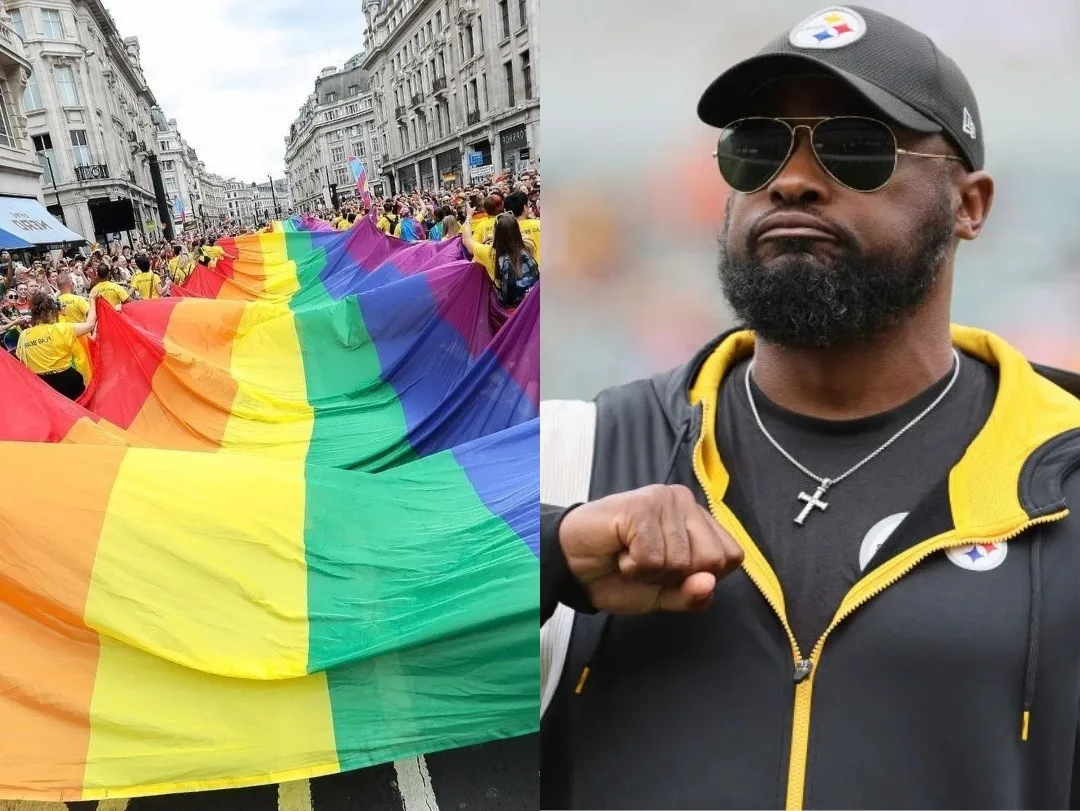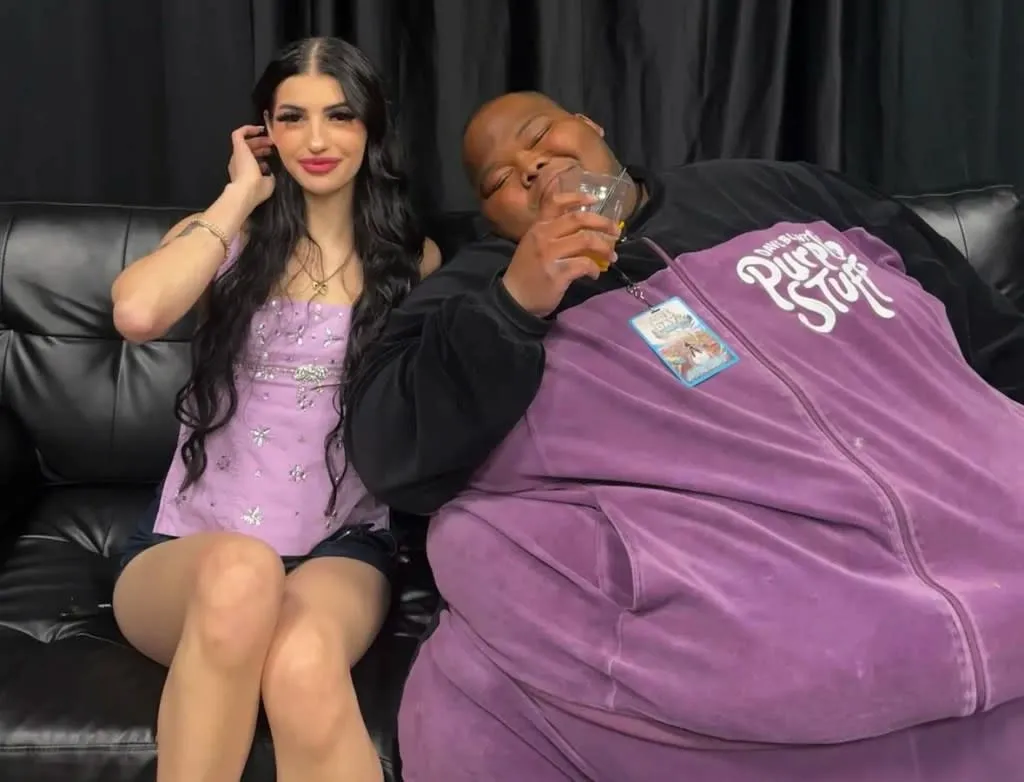
What happens when two giants of the NFL decide to push back against mainstream trends? The Pittsburgh Steelers and Kansas City Chiefs are making headlines not for their on-field performances but for their latest controversial stand off the field. Their bold move to boycott the increasingly popular "Pride Nights" in sports is stirring conversations across the country, as they take a stance against what they perceive as an overreach of "woke culture." This decision has not only sparked debates but also highlighted a potential cultural divide within professional sports and their fan bases.
The Pittsburgh Steelers and the Kansas City Chiefs have come together to take a significant stand. The two NFL teams announced that they would not participate in league-mandated "Pride Nights" that have become common in many sports events. By choosing to boycott these events, the teams are making a clear statement against what they consider to be an imposition of specific cultural values on the sport.
For many, this boycott represents "a pushback against the evolving landscape of sports culture." In recent years, "Pride Nights" have become part of the regular calendar in many major sports leagues, celebrating LGBTQ+ inclusivity and encouraging fans to show their support. However, the Steelers and Chiefs appear to believe that these events go beyond inclusivity and represent a growing trend of forcing social and political messaging into a space meant primarily for competition and entertainment.
Speaking to the media, a spokesperson for the Pittsburgh Steelers expressed their concerns, stating, “Football has always been about bringing people together, regardless of differences. We feel that these themed nights might be doing the opposite by dividing our audience.” "Steelers' bold stance" is clearly intended to protect what they view as the traditional spirit of the sport—a space where fans from all walks of life can unite without feeling pressured by political or social movements.
The Kansas City Chiefs echoed similar sentiments in their statement. "We respect everyone's right to express who they are," the Chiefs’ statement began, “but we also believe that our primary role is to focus on the game and provide an environment where all fans feel comfortable, without overt messaging that might alienate part of our fanbase.” The Chiefs’ perspective aligns closely with the Steelers', reinforcing their joint effort to stand against what they see as an increasingly politicized sports culture.
Critics of the teams' decision have been quick to point out that "this boycott could send the wrong message." LGBTQ+ advocacy groups have responded with disappointment, arguing that the boycott is a step backward in the ongoing effort to make sports more inclusive for everyone. A representative from one such group said, “We see 'Pride Nights' as an opportunity to show that football is for everyone, regardless of who they love. This boycott makes many LGBTQ+ fans feel that they are not welcome.”
However, there is also a significant portion of the fanbase that supports the stance of the Steelers and Chiefs. Many of these supporters believe that "sports should be free of all social or political influence" and should instead focus solely on the game and its players. “We’re here for football, not politics,” said one fan of the Kansas City Chiefs, capturing the sentiment of many others who echo this perspective.
The NFL itself has not made an official statement regarding the boycott. League insiders, however, suggest that the "Steelers and Chiefs’ unexpected defiance" could lead to broader discussions within the league about how to balance social issues with maintaining a neutral sports environment. The tension between promoting inclusivity and maintaining neutrality has been a topic of debate across major sports leagues for years, and this latest boycott is just another chapter in that ongoing narrative.
Some analysts believe that this move could potentially impact team sponsorships and partnerships. "Brand alignment with social causes" has become a key marketing strategy for many corporations, and the decision of the Steelers and Chiefs to avoid Pride Nights might make certain sponsors reconsider their associations. On the other hand, the teams could attract brands that value the traditional, non-politicized image of sports.
At its core, this boycott by the Steelers and Chiefs represents a growing tension in professional sports: how to engage with and represent diverse fan bases while staying true to the core nature of competition. For every fan that applauds the decision as a stand for traditional values, there’s another who views it as a missed opportunity for inclusivity. "Steelers and Chiefs vs. Woke Culture" is likely to be a phrase that dominates sports talk shows and social media for weeks to come.
In the end, the Steelers and Chiefs are making a bold choice—a choice that they believe preserves the purity of football. Whether this decision is seen as courageous or regressive depends largely on one’s perspective on the role of sports in society. What is clear, however, is that this issue is far from over, and the ripples from this boycott will likely influence the future of sports culture in America.



